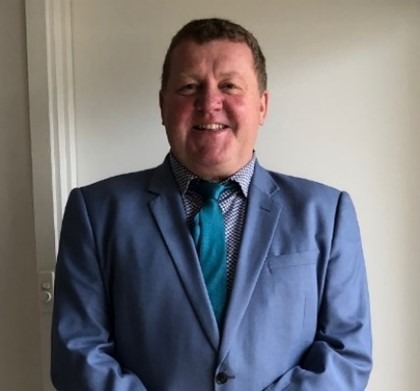This presentation is equivalent to 1 hour/point of formal CPD and will deliver outcomes related to the following Competencies from the National Standard of Competency for Architects:
PROJECT INITIATION AND CONCEPTUAL DESIGN
PC 19 Be able to identify, analyse and evaluate client project requirements and objectives using qualitative and quantitative methods and, where required by the terms of engagement, to assist cost estimators in determining project feasibility/viability.
PC 20 Be able to assess project budget and timeframe against project requirements and objectives, relevant legislation, statutory planning requirements, building codes and standards.
PC 21 Be able to apply project budgets, or work with quantity surveyor to establish project budgets, based upon understanding of cost planning, value management and factors influencing project cost relevant to the project type and scale.
PC 24 Be able to prepare and analyse project development options in response to a project brief – its objectives, budget, user intent and built purpose, risk and timeframes, including environmental sustainability considerations.
PC 29 Be able to develop and evaluate design options in terms of the heritage, cultural and community values embodied in the site, and in relation to project requirements.
PC 31: Be able to identify, analyse and integrate information relevant to environmental sustainability – such as energy and water consumption, resources depletion, waste, embodied carbon and carbon emissions – over the lifecycle of a project.
PC 33 Be able to investigate, coordinate and integrate sustainable environmental systems – including water, thermal, lighting and acoustics – in response to consultants’ advice.
DETAILED DESIGN AND CONSTRUCTION DOCUMENTATION
PC 39 Be able to integrate the material selection, structural and construction systems established in the conceptual design into the detailed design and documentation
PC 41 Be able to coordinate and integrate input from specialists and consultants into the detailed design and documentation
PC 45 Be able to nominate and integrate quality and performance standards with regard to selected materials, finishes, fittings, components and systems, considering the impact on Country and the environment, and the whole life carbon impact of the project. This includes integrating life cycle assessments and other expertise and advice from consultants.
Speaker

TIM ELGOOD
Principal and Building Group Leader
Arup
Tim is a mechanical engineer by background but has always had a healthy interest in ecology, the environment and architecture. Some might describe him as a trail blazer in challenging the conventional wisdom of engineering, but he describes himself as engineer who thinks designing sustainable systems is intuitive. He also has a rare skill of presenting complicated engineering systems in a simple sketched up way so everyone can understand.
Tim has worked on projects like Federation Square which has the world’s largest underground labyrinth thermal storage system, 1 Bligh Streets with the first twin façade system in Australia and he has been working for the last ten years as the Expert Sustainability Certifier for the Barangaroo development which is one of Australia’s first precincts to achieve a carbon neutral certification.
Tim’s understands the relationship between embodied and operational carbon and the issues in terms of cost, availability and construction over the life of the project.
Speaker
GRACE HAHNEL
Emerging sustainable structural engineer
Grace studied at Curtin University graduating in June 2020. She has always been passionate about sustainable living and making a difference in the work that we do. Grace pursued this passion in her final year thesis by researching and exploring sustainable design in WA and how structural engineers can influence environmental impact of buildings. This journal article is now in the process of being published in the Journal of Building Engineering.
Grace’s vision is to increase awareness of sustainability in the structural engineering industry – the more we know the better influence we can have. Tim would describe Grace as an emerging structural engineer that starts the design process with embodied carbon.
Speaker
ROSS DONALDSON
Ross Donaldson was CEO and Chairman of Woods Bagot from 2006-2016, leading the practice to its dramatic growth internationally to become the world’s 6th largest practice in 2014 and in 2016 the 7th “Most Admired” firm (WA100), judged by its international peers.
He is a champion of the imperative for sustainable development and has presented numerous lectures internationally on sustainable models for cities and their liveability. In 2008 he established a partnership with Buro Happold to develop software for designing for zero emissions.
Prior to joining Woods Bagot in 2001 he had his own small practice and taught at UWA.
Price
Members $49
Non members $74
What Do I Do Next?
1. You will receive an automated registration email upon purchase. Follow the link in this email to take you to the course material on our online CPD platform.
2. You may have to click the green "log in via members site" button to log into the online CPD platform. (Please do not input your credentials into the CPD site. Instead, to log in hit the “log in via members site” green button). You may be redirected to our members portal to log in with your credentials there.
3. Accept the T&Cs if it is your first time on the online platform, and hit “my dashboard” to find your purchased course.
4. Undertake your course at your own pace.
5. Once you have completed all the course material, you will be prompted to complete your assessment and feedback, after which your formal CPD certificate will be made available.